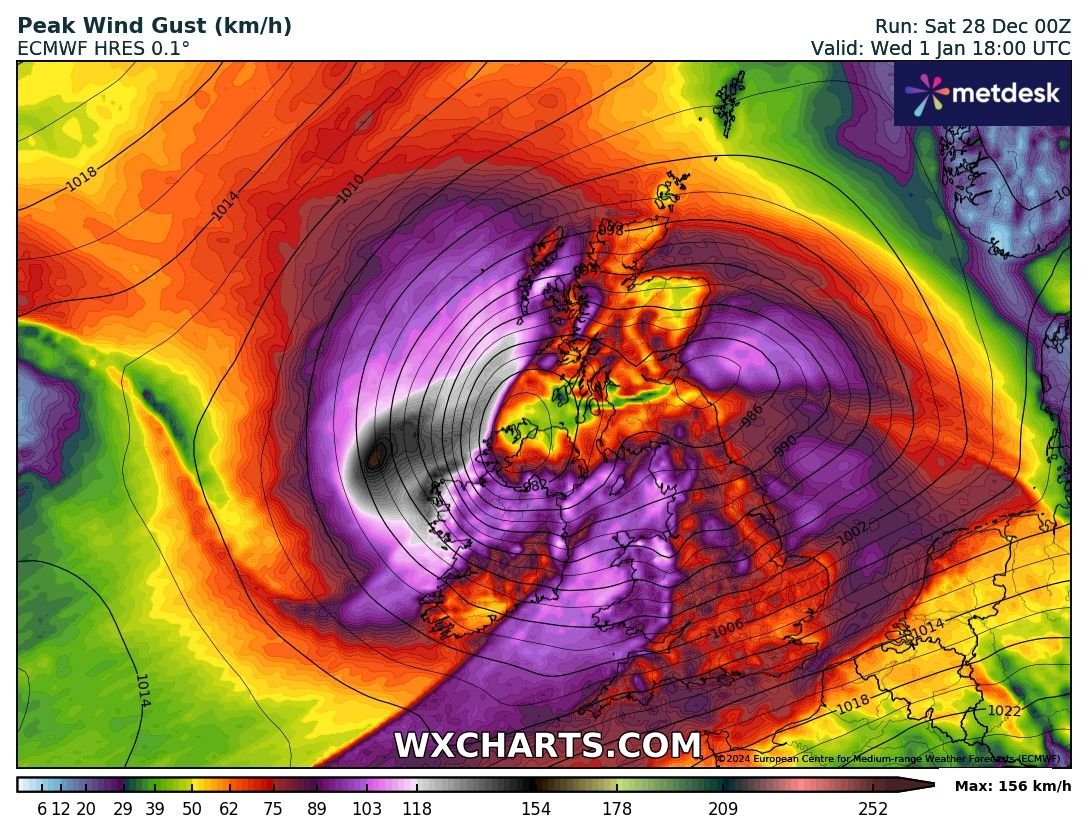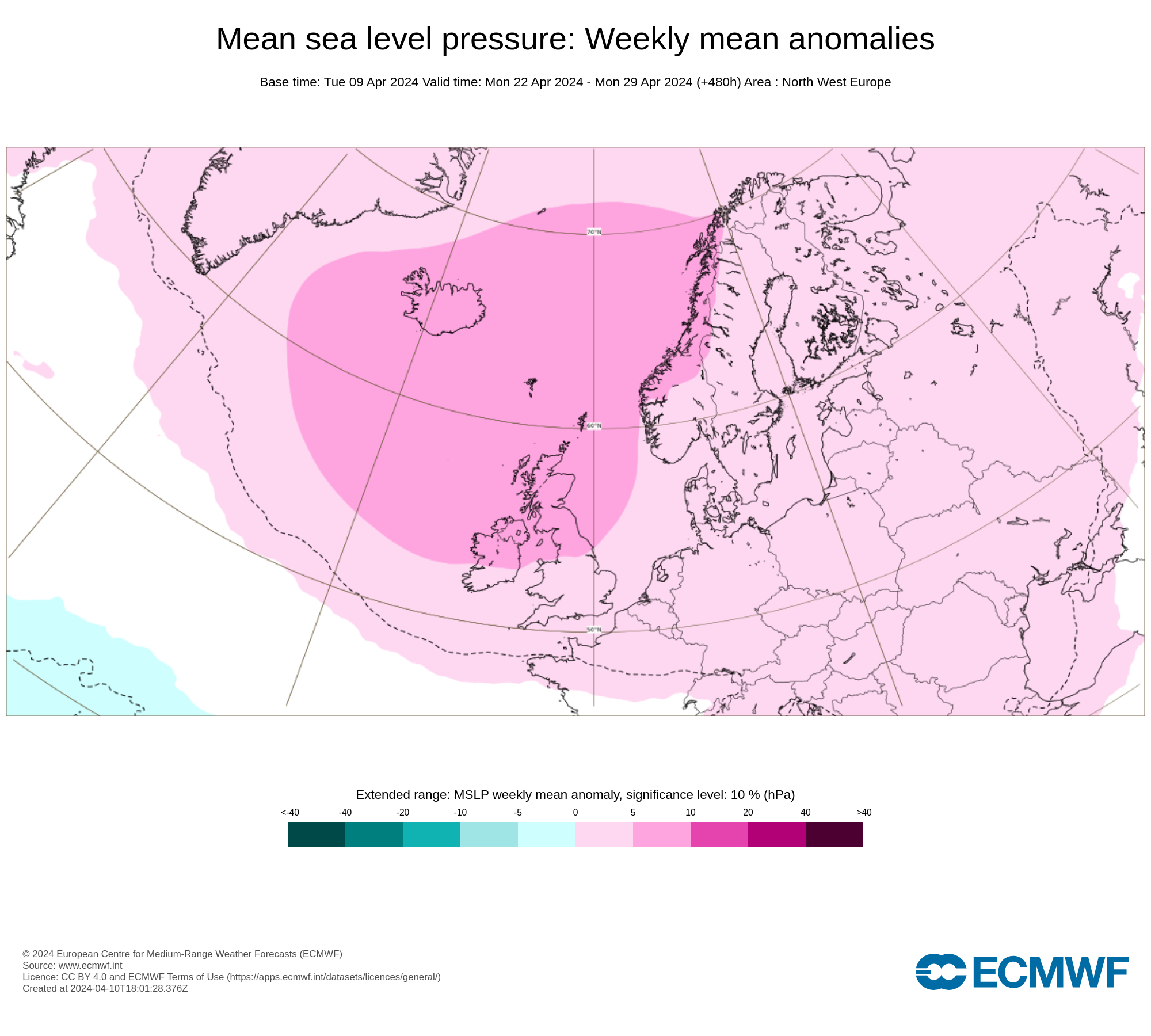Large parts of Europe to be hit with Saharan dust plume this weekend
Each year more than 180 million tons of dust blow out from North Africa, lofted from the Sahara Desert by strong seasonal winds. Perhaps most familiar are the huge, showy plumes that advance across the tropical Atlantic Ocean toward the Americas. But the dust goes elsewhere, too—settling back down in other parts of Africa or drifting north toward Europe.
This dramatic display of airborne dust particles was observed on February 18, 2021, by the Visible Infrared Imaging Radiometer Suite (VIIRS) on the NOAA-20 spacecraft. The dust appears widespread, but particularly stirred up over the Bodélé Depression in northeastern Chad.
News reports noted that parts of Spain could expect to see “mud rain,” as the approaching dust plume combines with a weather front. The mid-February dust storm follows an intense event earlier in the month that coated the snow on the Pyrenees and Alps and turned skies orange in France.
The phenomena widely known as “mud or blood rains” could well be on its way to not only the Murcian and Alicante provinces in the latter part of the weekend, but will undoubtedly be proceded by clouds of red Saharan sand before that, as another Saharan dustcloud sweeps across into Europe from Africa.
This is a fairly frequent occurrence, but 2 weeks ago left snow in not only the Spanish and French Pyrenees stained dust-red, but also tinted the French and Italian Alps the same muddy red colour!
The Laboratory of Climatology of the University of Alicante (UA), has informed that a mass of humid and warm air that rises through a sector of low pressure is forming to the west of the Spansh mainland and is likely to liberally cover the southern edge of the country, with the region of Murcia and Alicante province right in its path as it did a couple of weeks ago.
The Spansih media that the volume of dust found all over the streets and particularly visible on cars two weeks ago was the most intense episode since June 2018 in the Alicante province and Aemet, the state meteorological agency, said that overall, this last episode had been the heaviest Saharan dust incident in the last 30 year period.
When the Saharan dust becomes muddy rain is when the combination of unstable conditions due to the passage of a moist front moving in a south or south-westerly direction from Africa, drags suspended particles of Saharan sand into the lower layers of the atmosphere .
The cloud of Saharan dust currently on its way to Spain is going to collide with another weather front moving down across Spain, storm Karim, which will hit the north and Galicia on Friday and bring abundant rains to much of Spain, including Murcia, Valencia Region and Andalucía; rains which will contain the Saharan dust, so potentially fall as mud rains.
These are likely to arrive late on Saturday and be heavier on Sunday, so put the car in the garage, make sure there’s no washing on the line by Saturday and don´t even think about washing the car or the patio until the middle of next week
Dust can degrade air quality and accelerate the melting of snow cover. But it also plays a major role in Earth’s climate and biological systems, absorbing and reflecting solar energy and fertilizing ocean ecosystems with iron and other minerals that plants and phytoplankton need to grow.
The dust is expected to move northwards towards the UK this weekend but will miss Ireland due to the southerly winds veering southwest in direction and steering the plume of dust toward Germany, Netherlands & Belgium and the into southern parts of Norway and Sweden.
It would be worth keeping a eye on the sunrise to the east on Sunday and Monday morning as it may be a nice vivid one due to the dust over the UK.
You can find all the latest weather warnings and forecasts by downloading our app from the google play store by clicking below


















